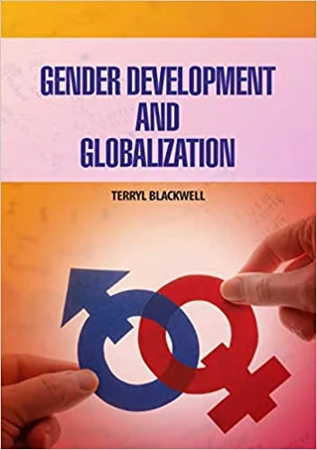Gender Development and Globalization

Blurb
Gender Development and Globalization is the leading primer on global feminist economics and development. Gender is a development issue because social considerations are not easily incorporated into institutions such as policies, regulations, markets and organizations. This process is often referred to as the mainstreaming of gender in development institutions. Women are often in a disadvantaged position in terms of access to assets, services, information and formal decision-making status. Gender equality is considered a critical element in achieving Decent Work for All Women and Men, in order to effect social and institutional change that leads to sustainable development with equity and growth. Gender equality refers to equal rights, responsibilities and opportunities that all persons should enjoy, regardless of whether one is born male or female. Gender developmental scientists are concerned with age-related changes in gender typing, and more broadly, with many issues about the emergence and patterning of gendered behaviors and thinking. Description of these changes is vitally important as it informs theoretical approaches to gender development. Using a broad lens on age-related changes provides important information describing how development occurs, but shorter time frames are also useful for identifying processes that may underlie developmental patterns. Gender has been increasingly acknowledged as a critical variable in analysis and development planning. Gender is an expression of power in social relationship between men and women. The book will be very useful to academicians, researchers, planners, students, NGOs, civil societies and all those who are interested in women studies in general and gender issues in contexts in particular..

